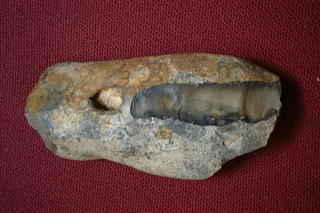More goodies !
The Diaries of Franz Kafka
This site came via Matt
who had a surprise for me:
Barbellionblog
Can't find my ragged Peguin/Pelican paperback to check if this is real or a spoof. This guy moved me regardless of what th critics did or didn't say: sad end, quite a bit of a genius. Read him about 10 years after graduating in biology: inspiring and a shame it had not been when still a student. At that time I was straight-jacketed into science when in my heart I wanted to roam free, intellectually. If I had been educated in the States it might have been a different story: short-courses on anything you fancy.
In this country rarely do tertiary science students come out with anything but a technical education, which is a great shame. It was true in the 50 and 60s and has become increasing true as biologists, for example, come out with 2:1s in genetic engineering! They will probably not even have done any evolutionary theory beyond A level. How can this be possible? What are they being trained for except to be technicians. What is the point, say, of doing genetics without grasping the relevance of evolution to the the immune system.
The odd few science undergraduates with natural breath of interest and reading come out as they ought with a something like a liberal education: not from courses they took, but their own efforts. Their peers in the arts suffer the same deficit in science, philosophy of science, history of technology, et al. They at least have the means to try to understand the world about them having been better trained (hopefully!) to research and write good essays.
My college did make an attempt to give us something more by a compulsory 2 hour slot a week in non-science: I chose Marxism [duty, not inclination...] and was dumbfounded, as were the rest of fellow science students in my group, by beardy-type reading out great tracts from Das Kapital, which presumably he assumed we understood and were, therefore, in a position to discuss! We mostly listened - occasionally turning to each other with rue smiles and grimaces - and departed, none the wiser, in complete silence. I never picked up any books on Marx outside this course. Though, later, when I was visting Norwich catherdral, of all places there was an interpretation display which said Darwin, Marx and Freud where the three pillars, so I set out to to learn a bit more abut Marx within this framework.

